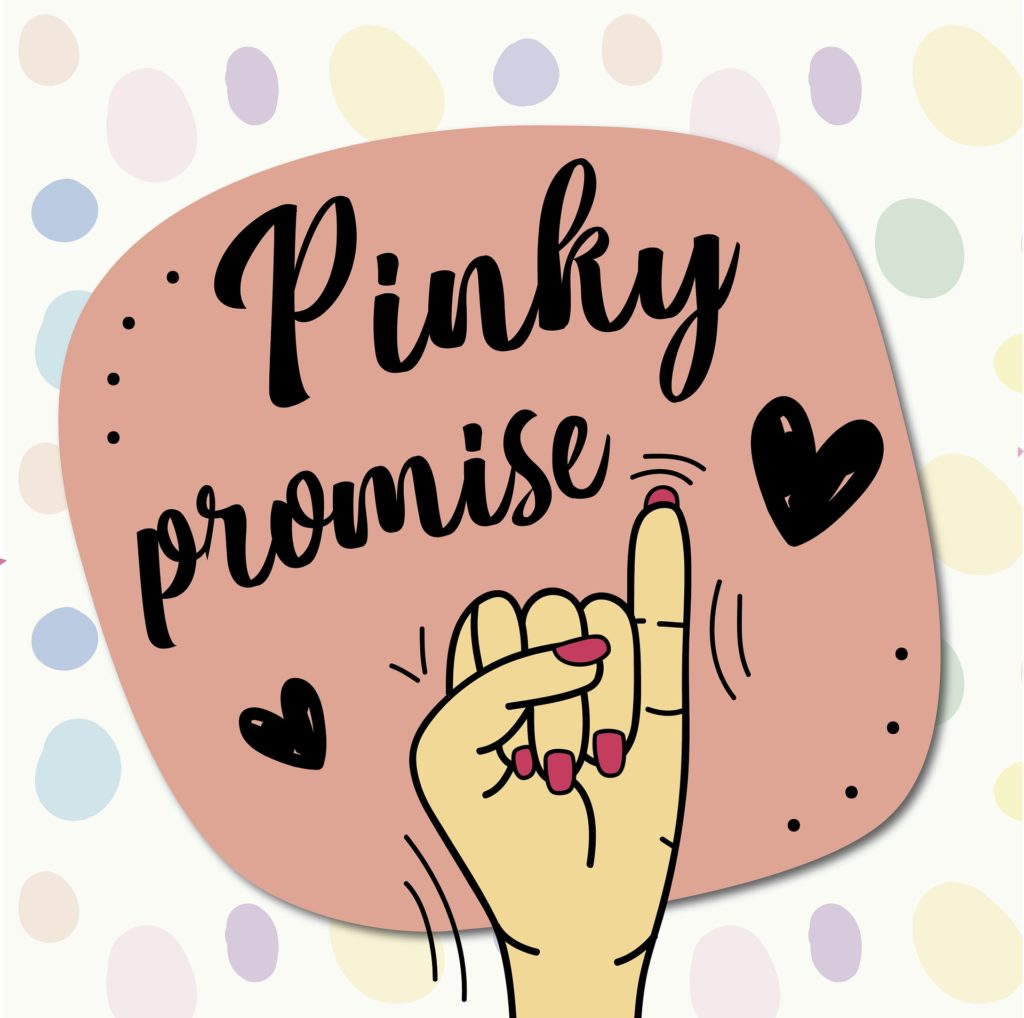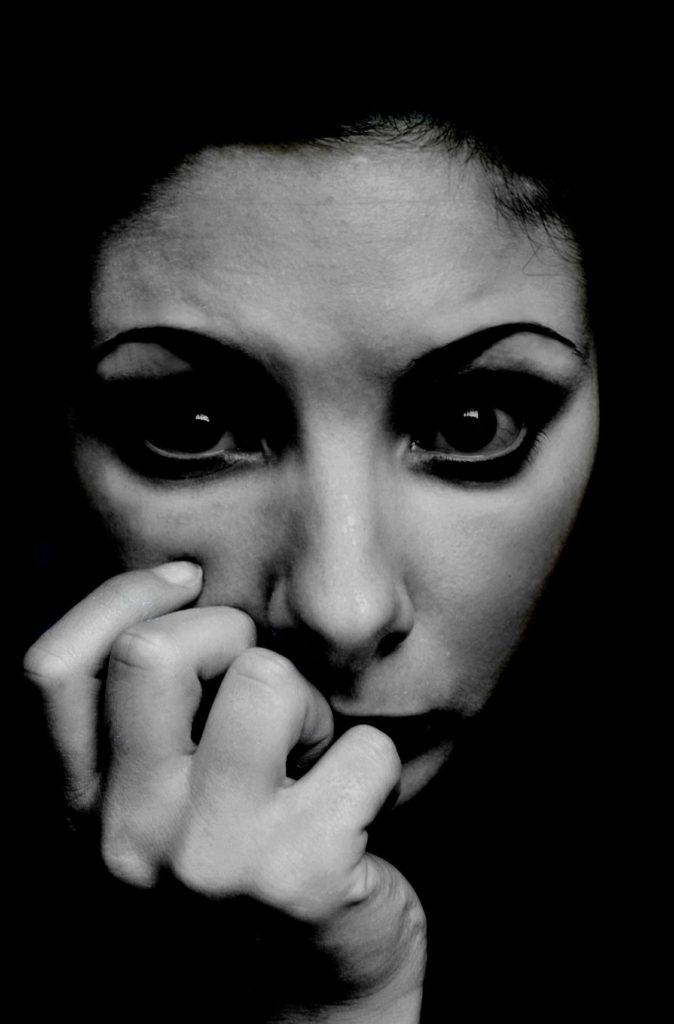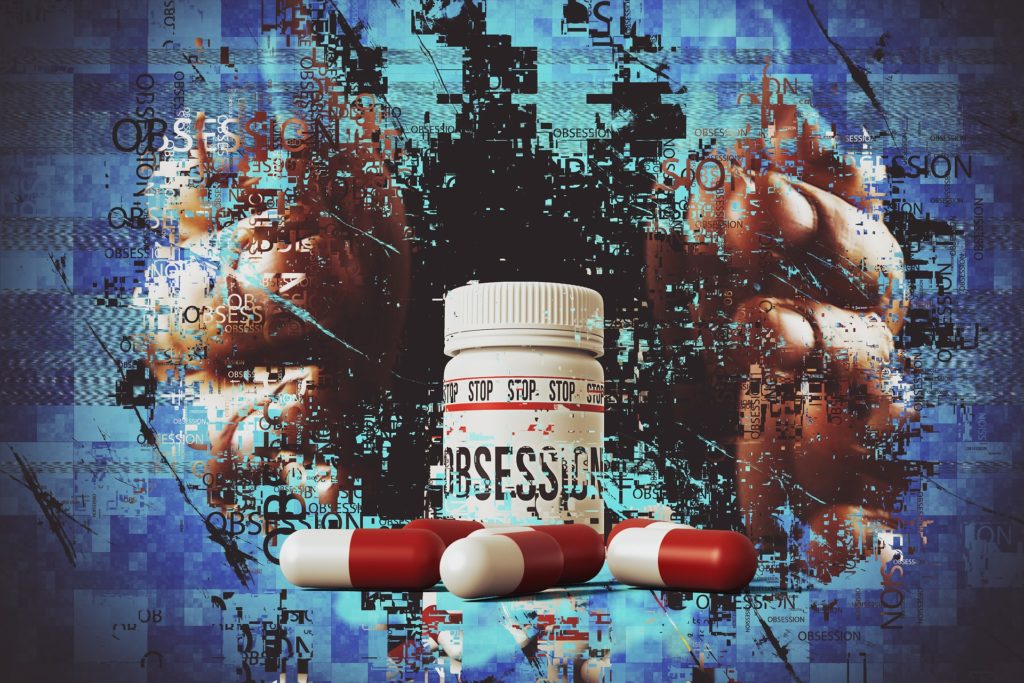Health and happiness have to be the two most important elements of a person’s life. There are, of course, many definitions of happiness, or what makes a person happy. The thrust of this article is not to address the many ways in which we can attain happiness or what happiness means. It is, rather, to address the connection of health to happiness.
JIM ROHN HAS THE SUCCINCT MESSAGE
Jim Rohn stated, “Take care of your body. It’s the only place you have to live.” This statement is beyond obvious, yet it states something we often take for granted. We can add to that statement one from an anonymous author, “If I had known I would live this long, I would have taken better care of my body.”
HOW DOES HEALTH AFFECT HAPPINESS?
A new study published in the Journal Of Happiness Studies found that the degree a disease or condition disrupts daily functioning is associated with happiness.
The lead author, Erik Angner, associate professor of philosophy, economics and public policy at George Mason University worked along side a team of researchers from several universities exploring the differences between the impact of serious health issues and, seemingly, minor ones.
Since previous studies had indicated that even serious diseases, including cancer, had a surprisingly small impact on happiness, and certain conditions like urinary incontinence had a major impact on happiness, they developed a system called the “freedom-from-debility score” based on four health survey questions explicitly designed to represent limitations in physical activities and in usual role activities because of health problems.
HEALTH AND FUNCTIONALITY LEAD TO INCREASED HAPPINESS
The results from the study indicate that a disease or condition that limits functionality has a more direct impact on happiness than a more serious illness that doesn’t have a negative impact on daily functionality. “These new results support the notion that health status is one of the most important predictors of happiness,” Angner said.
CBD HELPS IN DAILY FUNCTIONALITY IN A HOST OF WAYS
CBD can help those who suffer from illnesses or ailments that can limit daily functionality. Joint and muscle aches and pains, insomnia, and anxiety are just a few that can be helped with CBD. These conditions can make daily life difficult and can limit functionality which in turn could affect a person’s happiness. If one doesn’t sleep well, they are tired and feel out of sorts throughout the day. They don’t function at their best either physically or mentally. Aches and pains can certainly limit our functionality and make it extremely difficult to go about our normal daily activities. And anxiety can create a vast array of problems. All of these can he helped with CBD.
CONCLUSION: CBD CAN HELP US TO BE HAPPY
Taking CBD to alleviate some of the conditions and ailments we have mentioned above as well as many others, can help us lead healthy and happy lives.










